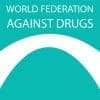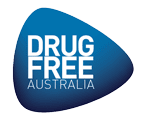Research studies (see Stoové et al, 2009) have long associated surviving a drug overdose with the increased likelihood of a future non-fatal or fatal drug overdose. In a 2017 Massachusetts study of opioid overdoses, 10% of those who survived died within the next year from a drug overdose or other causes. In one of the most rigorous U.S. follow-up studies, Dr. Mark Olfson and colleagues compared the mortality rates of people who had survived a non-fatal opioid overdose to demographically matched members of the general U.S. population. They found that those who survived an opioid overdose died in the next year at 24 times the mortality rate of those in the general population, with most deaths attributed to drug-related diseases, subsequent overdose, circulatory disease, respiratory disease, cancer, HIV, viral hepatitis, and suicide. In another study that might be christened an investigation into lost opportunities, Dr. Linn Gjersing and colleagues found in a retrospective analysis of people who died of a drug overdose that 61% had previously sought emergency medical care and that 18% were frequent users of emergency medical services. The reasons for seeking past emergency care included somatic complaints (48%), injury (44%), alcohol and other drug-related medical problems (32%), and drug overdose (26%).
This is just one of the reasons why it is vital to divert drug users into recovery programs, not simply enable and equip them to continue self-harming with substances – These drug use endorsing mechanisms only increase the risk of harm that the same so-called ‘harm reduction’ strategies are supposed to lessen! (D.I. Comment)




